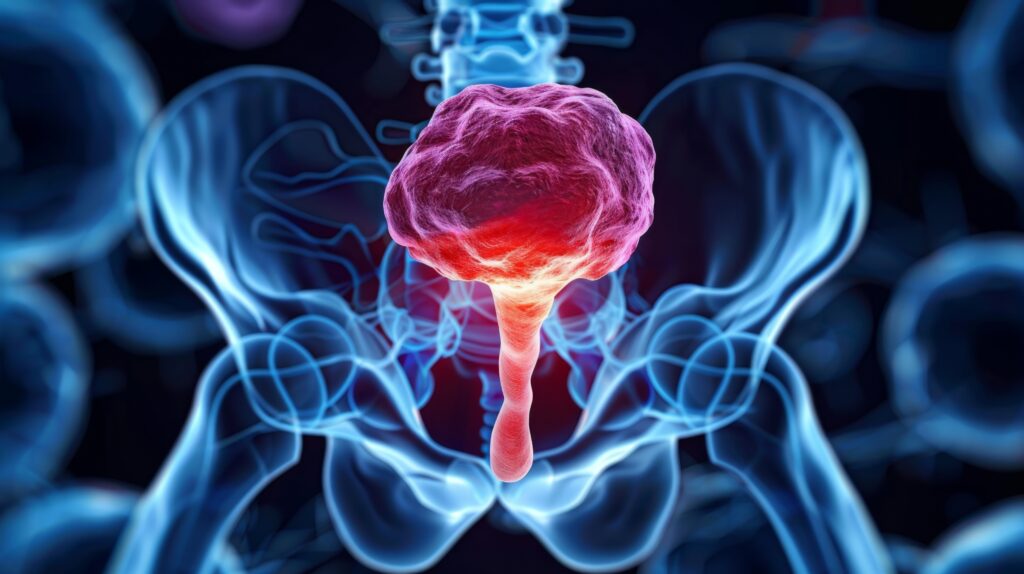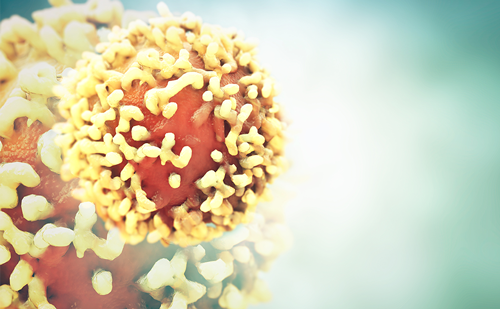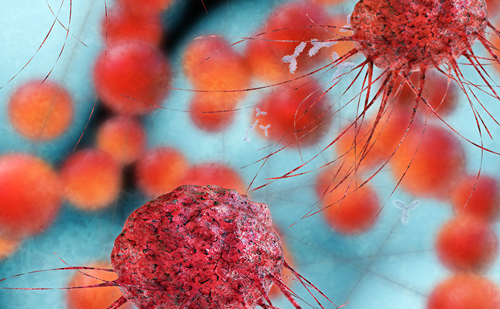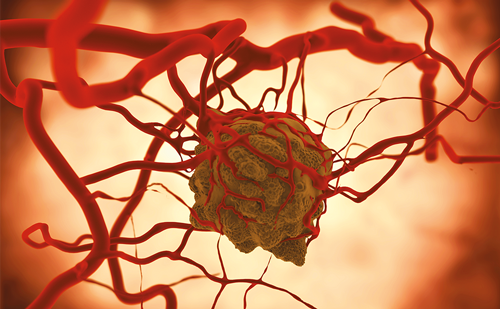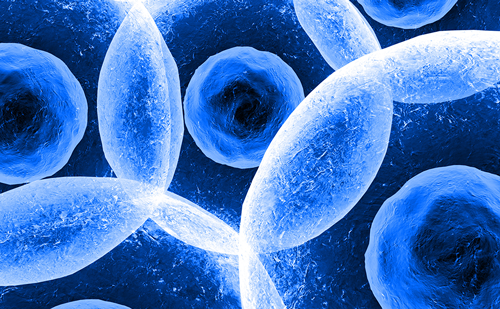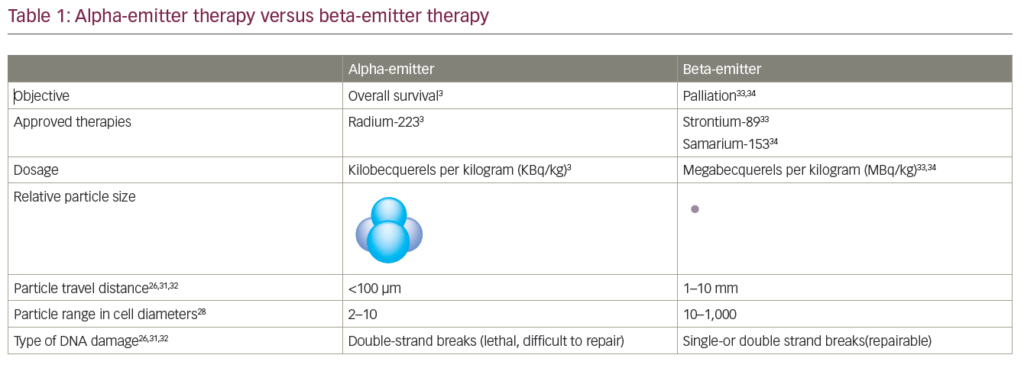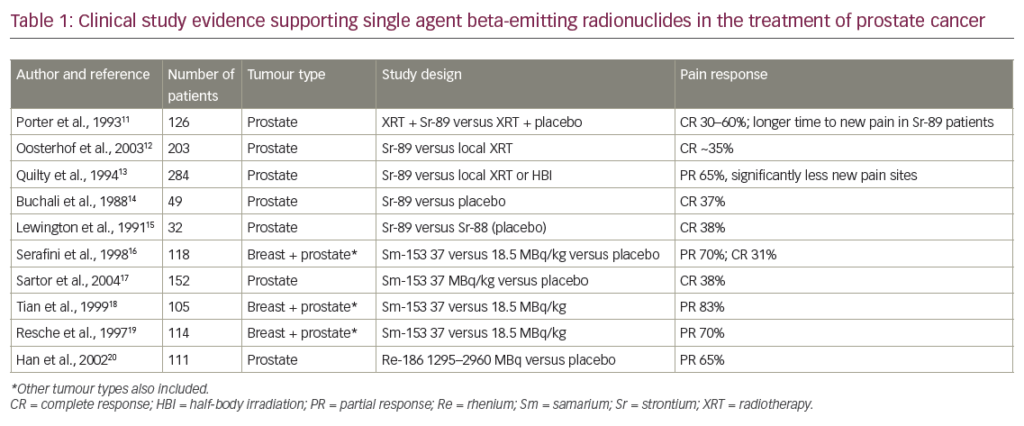Prostate cancer continues to be a leading cause of cancer-related death worldwide and is the most common malignancy among American men after skin cancer.1 Based on estimates by the American Cancer Society, approximately 241,740 new cases are expected to be diagnosed and 28,170 men are expected to die from the disease in the US in 2012. Approximately one in six men will be diagnosed with prostate cancer during their lifetime.1 Although patients with recurrent disease initially respond to androgen deprivation therapy (ADT), most will go on to develop castration-resistant prostate cancer (CRPC) in which the disease becomes refractory to traditional hormone therapies and cancer growth continues despite castrate levels of testosterone. However, this population may still respond to secondary hormonal manipulations and ADT continues to be the gold standard for systemic treatment of men with metastatic disease.2
While the five-year survival rate for men with advanced prostate cancer has increased from 69 % in the late 1970s to 100 % in the 2000s,2 there have traditionally been no successful treatments that improved median overall survival in the subset of patients with CRPC. In the last decade, however, since the approval of docetaxel by the US Food and Drug Administration (FDA) for metastatic CRPC in 2004,3 there has been a substantial evolution in its treatment, as several drugs introduced in quick succession show efficacy in prolonging survival. In particular, greater understanding of the pathogenesis of advanced disease resulted in the development of effective targeted therapies.
Biology of the Disease—Dependence on Androgen-mediated Signaling
The androgen signaling pathway has recently been found to be critical in both hormone-sensitive prostate cancer and CRPC.4 Evidence has shown that resistant cancer continues to rely on androgen biosynthesis, its binding to the receptor and consequent uptake in order to progress.5–7 Figure 1 presents a simplified disease progression pathway illustrating the conversion of cholesterol to androgen and testosterone. Within cells, the hormones are converted to the more potent dihydrotestosterone (DHT) metabolites, which function as intracellular signals operating via the androgen receptor (AR, a ligand-dependent transcription factor), ultimately leading to tumor growth.8 Studies have demonstrated that 0.5 to 1.0 nM of DHT—the concentration observed in prostatic tissue of castrate patients—is sufficient to activate the AR and androgen-regulated genes and promote cell growth.9,10 Together, these findings highlight the significant roles both androgen and the AR play in cancer survival in this patient population.
To view the full article in PDF or eBook formats, please click on the icons above.



